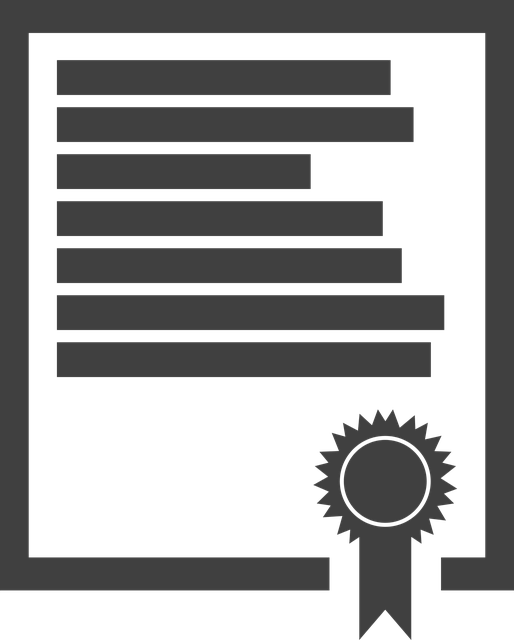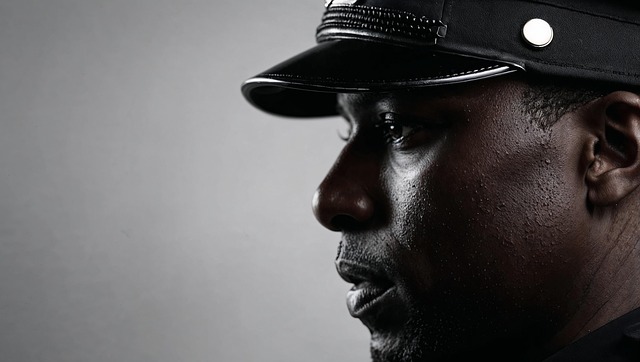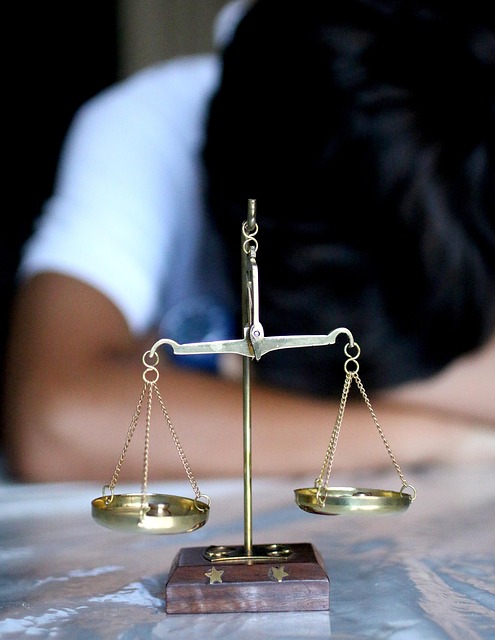Corporate crime investigations demand a strategic approach, from understanding offenses and organizational contexts to gathering intelligence, conducting interviews, and reviewing documents. Evidence collection involves meticulous data analytics and forensic techniques for digital records, financial transactions, and communication logs. The "Criminal Procedure Appeal Process Explained" guides legal professionals through complex appeal stages, focusing on charge dismissal, reduced sentences, or retrial by meticulously reviewing evidence, legal arguments, and procedural errors. An experienced legal team specializing in corporate crime investigations can significantly aid in navigating this process for favorable outcomes in high-stakes scenarios.
Corporate Crime Investigations delve into complex legal territories, demanding meticulous strategies. This article serves as a comprehensive guide through the intricate process, focusing on two key aspects: understanding the initial steps and evidence collection in corporate crime probes, and navigating the often-challenging Criminal Procedure Appeal Process Explained. By exploring best practices for successful appeals, organizations can ensure robust justice while mitigating potential legal pitfalls.
- Understanding Corporate Crime Investigations: The Initial Steps and Evidence Collection
- Navigating the Criminal Procedure Appeal Process: A Comprehensive Guide
- Key Considerations and Best Practices for Successful Corporate Crime Investigation Appeals
Understanding Corporate Crime Investigations: The Initial Steps and Evidence Collection

Corporate Crime Investigations begin with a thorough understanding of the alleged offense and its context within the organization. The initial steps involve gathering intelligence, conducting interviews with key stakeholders, and reviewing internal documentation to map out the sequence of events. This phase is crucial for establishing a solid foundation upon which further investigative strategies can be built.
Evidence collection is a meticulous process that demands attention to detail and adherence to legal protocols. Investigators must ensure the preservation of digital records, financial transactions, communication logs, and any other relevant documents. Utilizing advanced data analytics and forensic techniques, they meticulously sift through vast amounts of information to uncover critical facts. This methodical approach, combined with a winning challenging defense verdicts strategy, has led to achieving extraordinary results across the country in complex corporate crime cases.
Navigating the Criminal Procedure Appeal Process: A Comprehensive Guide

Navigating the Criminal Procedure Appeal Process involves understanding a complex web of legal procedures designed to ensure fairness and justice in high-stakes cases. This process is crucial for those accused of corporate crimes, where the outcome can significantly impact their future and organizational reputation. A comprehensive guide is essential for anyone involved, from general criminal defense attorneys to corporate representatives, to grasp every step and potential outcome.
The Criminal Procedure Appeal Process Explained encompasses several stages, each with specific rules and deadlines. It begins with the initial ruling in lower courts, followed by opportunities for appeal or review at state or federal levels. Success in these appeals can lead to charges being dropped, reduced sentences, or a retrial. Understanding how to avoid indictment is key; an experienced legal team specializing in corporate crime investigations can significantly enhance your chances of navigating this process effectively and securing the best possible outcome in high-stakes cases.
Key Considerations and Best Practices for Successful Corporate Crime Investigation Appeals

When appealing a corporate crime investigation, several key considerations come into play to ensure success. Understanding the Criminal Procedure Appeal Process is paramount. This involves a meticulous review of evidence, legal arguments, and procedural errors that may have occurred during the initial investigation. The goal is not merely to challenge findings but to demonstrate a significant failure in the application of criminal law or procedure.
For a complete dismissal of all charges, effective appeals should focus on protecting the rights of both corporate and individual clients involved. This includes ensuring transparency and fairness at every stage of the investigative and enforcement process. Best practices dictate a thorough examination of case facts, legal precedents, and procedural compliance. Strategic legal representation is crucial to navigating complex appeal processes and presenting compelling arguments that can lead to favorable outcomes.
Corporate crime investigations are complex, but understanding the initial steps, evidence collection, and navigating the Criminal Procedure Appeal Process is key to successful outcomes. By adopting best practices and considering critical factors, organizations can ensure robust investigations that stand up to scrutiny. Remember, a comprehensive guide like this one serves as a valuable tool when facing corporate crime appeals, providing a clear path forward in an intricate legal landscape.






